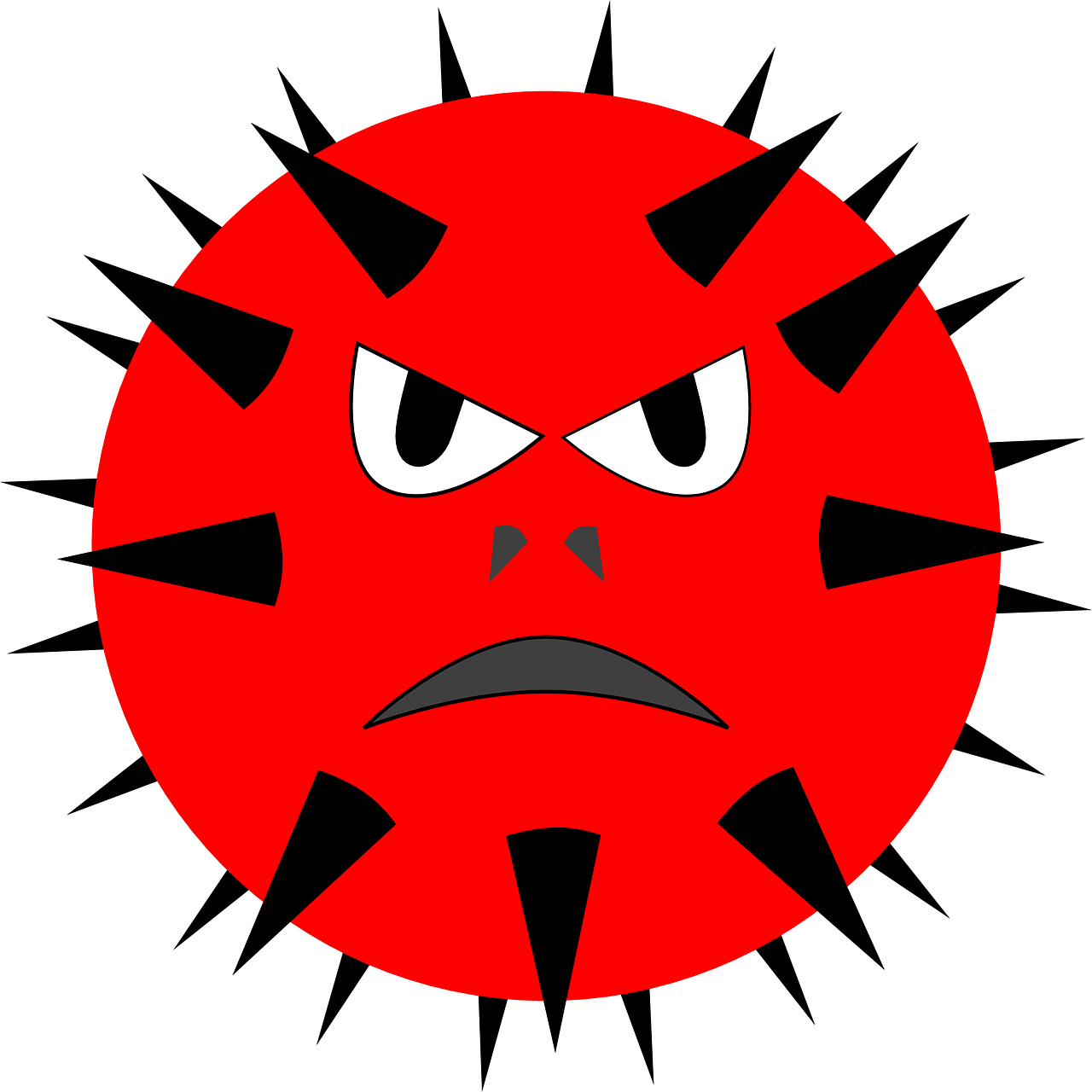
December 19, 2020, by Brigitte Nerlich
Mutant words
I was listening to the BBC Radio 4 Today programme on this sunny morning of the 19th of December when I heard the phrase ‘mutant strain’, used in reference to a new strain of the SARS-CoV-2 virus which is apparently spreading in the South East.
My ears twitched of course, as they did with ‘mutant algorithm’ earlier this year. However, in the context of the coronavirus this twitching is slightly different. Talking about a mutant algorithm is obviously nonsense. Talking about a mutant virus strain is not really nonsense.
The word mutant can be used quite meaningfully in biology. As the Oxford English Dictionary says when you ask it to define mutant: “Biology. An organism, gene, etc., which has undergone or arisen by mutation; a mutated form”. It also lists a second meaning: “Originally Science Fiction. An individual imagined as having arisen by genetic mutation, esp. one with freakish or grossly abnormal anatomy, abilities, etc.”. Of course, in ‘mutant strain’ mutant is used as an adjective not a noun but the two meanings still are in there, with the ‘freaky’ one just straining to get out in the right context, that is in popular rather than genetic discourse.
To see how the meaning of mutant mutated in one niche of popular discourse, i.e. the press, I had a quick look at the news database Nexis and searched for ‘mutant strain’. The latest article I found at 10 o’clock this morning was from the Daily Telegraph which talked about “alarming new evidence of the virulence of a mutant strain of the virus”. The same day the Express said “Ministers are concerned about the mutant strain, which originated in Kent and spread rapidly to London and then the home counties.”
In between these two most recent articles there was one from the Pakistan Journal of Science (30 June 2010) which reported that “On the basis of kinetic variables, notably Y p/s (IU/g substrate), Y p/x (IU/g cells), Y x/s (g/g), Y p/s mutant strain B.licheniformis UV-MN-HN-8 was found to be producing 2.33 fold more bacitracin than wild type after optimization of different parameters.” And there were many more like that. So I had two strains of the same mutant word in my corpus.
When zipping to the earliest articles, I found that the mutant strain first crept into the covid discourse around the time that a ‘mutant strain’ was found in mink in Denmark. On 7 November Mail Online had reported for example that “US, Italy, the Netherlands, Spain and Sweden have reported Covid cases in minks” and that “the Covid variant … had jumped from minks to humans and infected 12” and that the “Coronavirus has spread from minks to humans in hundreds of cases – but the mutant strain is restricted to 12”. The use of mutant in this context where a virus ‘jumps’ from animals to humans (as it had indeed done when all this started) seemed to me more alarming than a regular sort of mutation, as reported now, but that’s just me.
Coming back to the current reporting, various tabloids talked about this new strain. The Sun in particular indulged in some great headlines, such as: “Crackerdown”, “Virus Fight”, “Bubble Burst”, “Deadly Spread” and, last but not least: “Festive Bubble Burst: MUTANT BUG ON RAMPAGE” (capitals mine!).
This turned a mutant into a monster! But The Sun was not alone in this transmogrification. The Calgary Sun reported in 16 December: “Mutant Strain on the Loose in in Britain” while the Herald Sun had the headline: “Mutant Strain hits UK”. There were some moderating voices too though. The Shropshire Star cautioned: “Mutant Strain not Necessarily a Monster” (16 December)!
So the virus variant became a mutant and then a monster and the word ‘super’, which we know well from ‘superbugs’, was not far away. It was called a “new super strain” (Metro, 15 December) or a “new super-infectious Covid mutant” (Express Online, 19 December). Frankenstein and Superman and also X-men (HT Franziska Kohlt) were the ghosts of mutant Christmas.
In amongst these alarmist headlines one can also find more investigative pieces, quoting many well-known experts, as for example in The Sun on the 14th of December. But the overwhelming reporting was ‘alarming’, exploiting the fictional and sensationalist connotations of ‘mutant’ to the full. I am sure we’ll hear much more about mutants in the coming days. We’ll have to think about why such words are being used and whether this use is helpful or harmful.
One thing I think is important to remember. Whenever we use the word ‘mutant’ as scientists or journalists we should reflect on what register we use, that is how we use the word ‘mutant’ and in what context, as a neutral science term or as a word that conjures up more fiction than fact. We’ll also have to see how it actually all pans out and what this mutant actually is and does.
PS, 20 December – now we have Tier 4 and all that – and who is responsible, the mutant virus – so mutant so strong – the government is helpless!
As Sunder Katwala tweeted in a thread with images!!: “Several of the papers give the active agency for today’s decision to Covid (the mutant virus turned down the Christmas truce offer) rather than to the government”.
Image: Pixabay: Mutant virus monster
No comments yet, fill out a comment to be the first

Leave a Reply